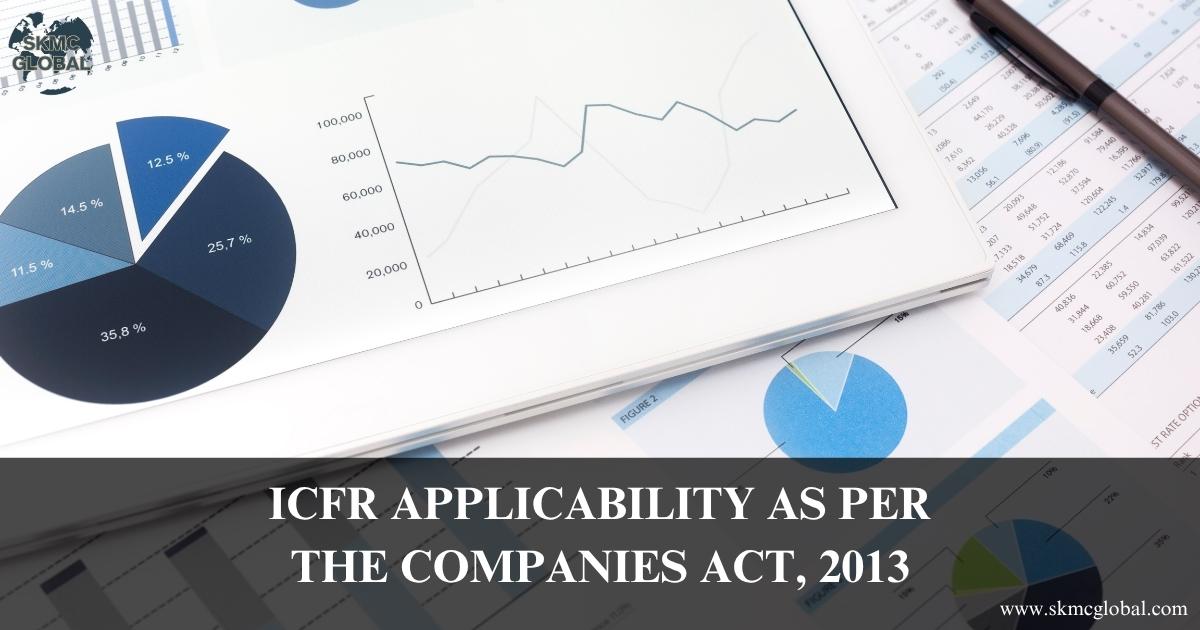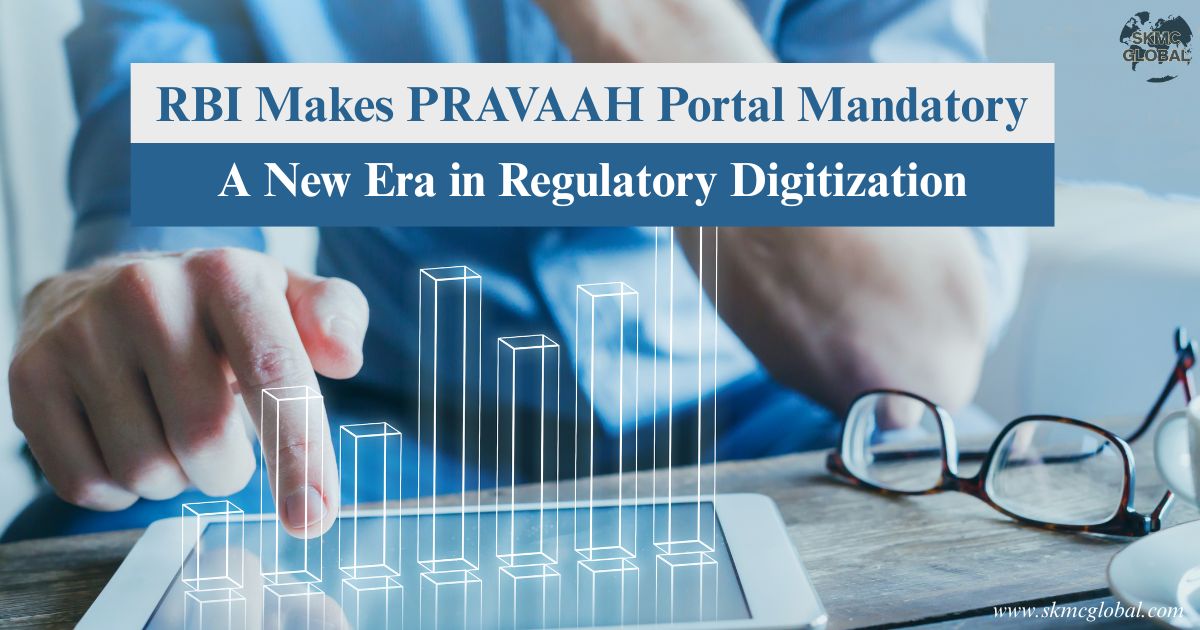
In the realm of business, compliance with regulatory laws is not just a formality: it is the upholding of transparency, accountability, and sustainability, at least over the years. For unlisted companies not traded on stock exchanges, compliance might seem to be lighter than those for listed entities. However, the companies are still rocking with a huge backbone built under the Companies Act, 2013, and regulated by the Registrar of Companies under the Ministry of Corporate Affairs.
Loss of time in filing particular returns or statutory disclosures will result in penalty and litigations. This blog will give a simpler version of the major ROC compliances with which the unlisted companies should comply, so that business owners, directors, and professionals will be kept informed and can avoid falling into regulatory traps.
What is an Unlisted Company?
An unlisted company is a company whose shares are not listed on any stock exchange. They are:
- Private Limited Companies
- Public Limited Companies (unlisted)
- One Person Companies (OPCs)
- Section 8 Companies (not-for-profit companies)
Although not governed by SEBI in the same way as the listed firms, they are required to adhere to the ROC regime under the Companies Act.
Why ROC Compliance is Necessary?
The ROC plays a significant role in ensuring that companies:
- Exercise financial prudence,
- Conduct business ethically,
- Make timely disclosures and updates and provide
- Protection of stakeholders' interests.
Compliance not only keeps legal matters at bay but also determines the image of a company among investors, lenders, and regulators.
Key Annual ROC Compliances for Unlisted Companies
Here’s a breakdown of the most important annual filings your company needs to take care of each year:
1. Form AOC-4 – Filing of Financial Statements
This form includes your company’s audited financials—Balance Sheet, Profit & Loss Statement, Director’s Report, and Auditor’s Report.
- Due Date: Within 30 days of your Annual General Meeting (AGM)
- Delay Penalty: ₹100/day without any cap
Tip: Get your audit done in advance so you have enough time to file without penalty.
2. Form MGT-7 – Annual Return
It has important company details—such as the current directors, shareholders, and shareholding pattern.
- Due Date: Within 60 days from the AGM
- Penalty: ₹100 per day of delay
Note: Ensure that this information is identical to your company registers at the time of submission.
3. Form MGT-7A – OPCs & Small Companies
This is the alternative of MGT-7 to be filed by:
- Companies with paid-up capital of ₹2 crore or below
- Companies with turnover of ₹20 crore or below
- Due Date: 60 days from AGM
4. Form ADT-1 – Appointment of Auditor
This form informs the ROC of your appointment (or reappointment) of an auditor, typically for five years.
- Due Date: Within 15 days of AGM
Tip: Even on reappointment of existing auditor, you are required to file this form.
5. Annual General Meeting (AGM)
All companies (apart from OPCs) are required to hold an AGM annually.
- Deadline: Within six months from the end of the financial year (typically by 30th September)
Event-Based ROC Filings
Apart from the annual filings, there are some events in your company that make ROC compliance requirement mandatory. These events are referred to as event-based compliances and must be filed as and when these events occur.
6. DIR-12 – Change in Directors or Key Personnel
File this when a director or key managerial individual has been appointed, resigned, or has shifted his job.
- Due Date: Within 30 days of change
7. PAS-3 – Allotment of Shares
Applicable if your company is issuing new shares—such as by FDI, employee stock options, or rights issue.
- Due Date: Within 15 days of allotment of shares
8. SH-7 – Change in Authorised Share Capital
Use this form if any modification is done in your company's authorised capital.
- Due Date: Within 30 days from the passing date of the concerned resolution
9. INC-22 – Change of Registered Office
You must submit this return if your business is moving the registered address.
- Due Date: Within 30 days of the change
10. CHG-1 / CHG-4 – Loan-Related Filings
- CHG-1: Reserved where taking the loan and charge imposed on assets
- CHG-4: Filed where loan is paid off
- Deadline: Within 30 days of creation/satisfaction of the charge
Default Penalties
Default in filing of ROC can attract monetary penalty, late fee, and disqualification of directors in certain cases. Late fee in the case of forms like AOC-4 and MGT-7 is ₹100 per day of delay with no limit to maximum recoverability.
Further, Repetitive default may also attract:
- Striking off the company by the ROC
- Blacklisting of directors
- Legal action and reputational harm to the business
Conclusion
While day-to-day business is draining, ROC compliance is necessary—it is the building block of a law-compliant and reputable company. Unlisted companies small or large or whose legal status depends on partners, directors, or shareholders must develop a culture of timely filings, proper disclosures, and in-house corporate governance. Having a Company Secretary (CS) or professional firm will quite significantly lighten the load and guarantee that no deadline will ever be missed.
With today's era of tough regulations, ROC compliance is not box ticking. It is about setting the foundations for ethical development and insulating the company and stakeholders from irrelevant legal exposure and liabilities. Stay compliant, stay ahead!
Recent Posts
-
 The Step-by-Step NGO Registration Process in India...
Jan 17,2026
The Step-by-Step NGO Registration Process in India...
Jan 17,2026
-
 Secretarial Audit for Unlisted and Private Compani...
Dec 19,2025
Secretarial Audit for Unlisted and Private Compani...
Dec 19,2025
-
 How to Get CTE and CTO under Environmental Laws in...
Nov 27,2025
How to Get CTE and CTO under Environmental Laws in...
Nov 27,2025
-
 Step by Step guide for appointment of Independent ...
Nov 06,2025
Step by Step guide for appointment of Independent ...
Nov 06,2025
-
 Liaison Office vs Branch Office: A comparative ana...
Sep 02,2025
Liaison Office vs Branch Office: A comparative ana...
Sep 02,2025
-
 Role of Shareholders Agreement in Startups and Inv...
Aug 30,2025
Role of Shareholders Agreement in Startups and Inv...
Aug 30,2025
-
 Setting Up a Wholly Owned Subsidiary (WOS) in Indi...
Aug 12,2025
Setting Up a Wholly Owned Subsidiary (WOS) in Indi...
Aug 12,2025
-
 Arbitration v/s Litigation in India...
Aug 05,2025
Arbitration v/s Litigation in India...
Aug 05,2025
-
 Declaration of Dividend under Companies Act, 2013...
Aug 02,2025
Declaration of Dividend under Companies Act, 2013...
Aug 02,2025
-
 What is MSME Form 1 and how it can be filed?...
Aug 01,2025
What is MSME Form 1 and how it can be filed?...
Aug 01,2025
-
 What is CSR and how to compute the contribution am...
Jul 31,2025
What is CSR and how to compute the contribution am...
Jul 31,2025
-
 Process for removal of company auditor under Compa...
Jul 31,2025
Process for removal of company auditor under Compa...
Jul 31,2025
-
 What is SBO Compliance and when it is needed?...
Jul 29,2025
What is SBO Compliance and when it is needed?...
Jul 29,2025
-
 Role of Key Management Personnel and their appoint...
Jul 28,2025
Role of Key Management Personnel and their appoint...
Jul 28,2025
-
 Registering a Partnership Firm in India...
Jul 28,2025
Registering a Partnership Firm in India...
Jul 28,2025
-
 Procedure to strike off a company...
Jul 28,2025
Procedure to strike off a company...
Jul 28,2025
-
 sox and internal control...
Jul 17,2025
sox and internal control...
Jul 17,2025
-
 ICFR Applicability as per the Companies Act, 2013...
Jul 15,2025
ICFR Applicability as per the Companies Act, 2013...
Jul 15,2025
-
 Concept of Sweat Equity Shares and its uses...
Jun 25,2025
Concept of Sweat Equity Shares and its uses...
Jun 25,2025
-
 Whether loans and borrowing are considered as depo...
Jun 18,2025
Whether loans and borrowing are considered as depo...
Jun 18,2025
-
 What are the major compliance for unlisted compani...
Jun 05,2025
What are the major compliance for unlisted compani...
Jun 05,2025
-
 A Guide to Compensation to Director in Indian Corp...
Jun 04,2025
A Guide to Compensation to Director in Indian Corp...
Jun 04,2025
-
 Loans to Company Directors- A Legal and Ethical Fr...
Jun 04,2025
Loans to Company Directors- A Legal and Ethical Fr...
Jun 04,2025
-
 Top 7 Things You Must Know About External Commerci...
May 16,2025
Top 7 Things You Must Know About External Commerci...
May 16,2025
-
 Integrating CSR into Your Business Model:A Step-by...
May 14,2025
Integrating CSR into Your Business Model:A Step-by...
May 14,2025
-
 What are the applicable Labour Laws in HR (Human R...
May 14,2025
What are the applicable Labour Laws in HR (Human R...
May 14,2025
-
 Unveiling the PRAVAAH Portal: A Comprehensive Guid...
Apr 18,2025
Unveiling the PRAVAAH Portal: A Comprehensive Guid...
Apr 18,2025
-
 FLA Return and its compliance...
Feb 08,2022
FLA Return and its compliance...
Feb 08,2022
-
 Process of closure of Branch office in India...
Dec 30,2021
Process of closure of Branch office in India...
Dec 30,2021
-
 Steps to Shut down the Liaison Office in India...
Sep 14,2021
Steps to Shut down the Liaison Office in India...
Sep 14,2021
-
 Procedure for closure of Project Office in India...
Aug 10,2021
Procedure for closure of Project Office in India...
Aug 10,2021
